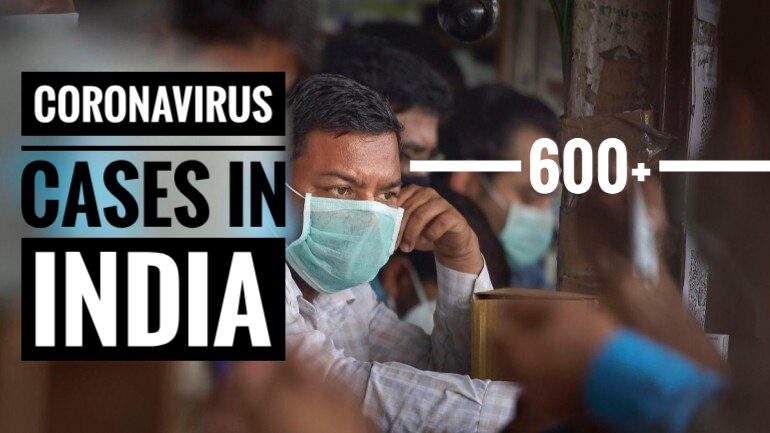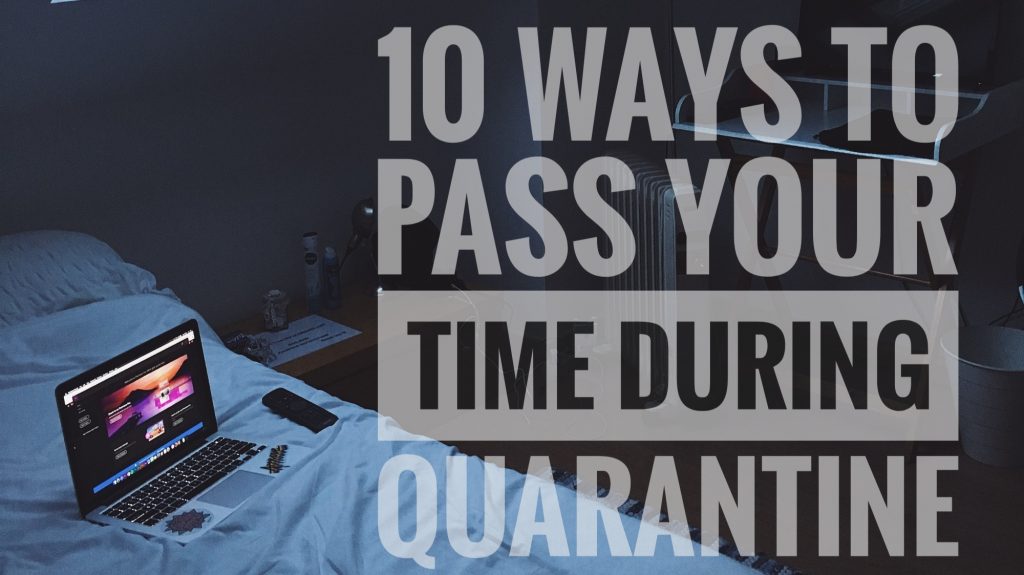Countries around the world are increasingly adopting sweeping measures to stem the spread of the new coronavirus, including full lockdowns, shutting down airports, imposing travel restrictions and completely sealing their borders.
The outbreak of the coronavirus has been labelled a pandemic by the World Health Organization (WHO).
India’s prime minister ordered all 1.3 billion people in the country to stay inside their homes for three weeks starting Wednesday — the biggest and most severe action undertaken anywhere to stop the spread of the coronavirus.
“There will be a total ban of coming out of your homes,” the prime minister, Narendra Modi, announced on television Tuesday night, giving Indians less than four hours’ notice before the order took effect at 12:01 a.m.
“Every state, every district, every lane, every village will be under lockdown,” Mr. Modi said.

The breadth and depth of such a challenge is staggering in a country where hundreds of millions of citizens are destitute and countless millions live in packed urban areas with poor sanitation and weak public health care.
The nationwide lockdown followed a series of decrees that had been steadily growing more stringent, and some people had been expecting Mr. Modi to announce something even more severe, like a nationwide state of emergency and declaration of martial law.
However, hours before Mr. Modi’s televised address, the long straight boulevards of New Delhi, the capital, resembled deserted racetracks. All the stores in the centre of town were shut, but in the poorer neighbourhoods just outside of the city, it was a different story.
People were still out, jostling with each other in narrow lanes and still crowding into bus shelters, sleeping eight to a room in shabby tenements, and showing the impossibility of maintaining social distance.
Long lines of migrant workers streamed out of recently closed railway stations, with thousands of men, almost none wearing masks, marching close together to far-off villages, potentially spreading the virus deep into the countryside.
In Agra, A 38-year-old man, who had walked over 200 km from Delhi to reach his home in Madhya Pradesh after Prime Minister Narendra Modi announced a 21-day lockdown to stop the spread of coronavirus, died on the way.
Ranveer Singh, who worked as a delivery agent in Delhi, was among the thousands of migrants desperately trying to return to their hometowns and villages after they were left without jobs, shelter or money. Most of them have been covering a journey of hundreds of kilometres on foot, as all transport services are shut, including passenger trains and interstate buses, in a bid to curb the spread of COVID-19.
Ranveer Singh had started walking to his village in Madhya Pradesh’s Morena district, around 326 km from the national capital.

When he collapsed on the highway in Agra in Uttar Pradesh, a local shopkeeper offered him tea and biscuits. But soon, Ranveer Singh had a heart attack and died. The man was about 80 km away from his village.
On Saturday evening, thousands of migrant workers crowded into bus terminals around the national capital trying desperately to return home across the border in Uttar Pradesh.
The centre’s “total lockdown”, meant to halt the spread of a highly infectious novel coronavirus that transmits rapidly in crowded spaces, had suspended all interstate bus and railway services, leaving migrants and their young families no option but to walk hundreds of kilometres foot in searing heat.
The Uttar Pradesh and Delhi governments responded Saturday by arranging buses to ferry the people home; the UP government said it had organized 1,000 buses and Delhi Chief Minister Arvind Kejriwal said 200 buses would also be pressed into service.
The government has faced criticism that the lockdown, that came two months after the global outbreak, was announced abruptly and without planning, leaving millions stranded and triggering panic about access to food and basic necessities.
The government brushed aside the allegation that the nationwide lockdown was announced without any planning, triggering a major crisis for migrant workers and people who live on daily incomes. The country’s response to COVID-19 has been “pre-emptive, pro-active and graded”, the government said on Saturday.

